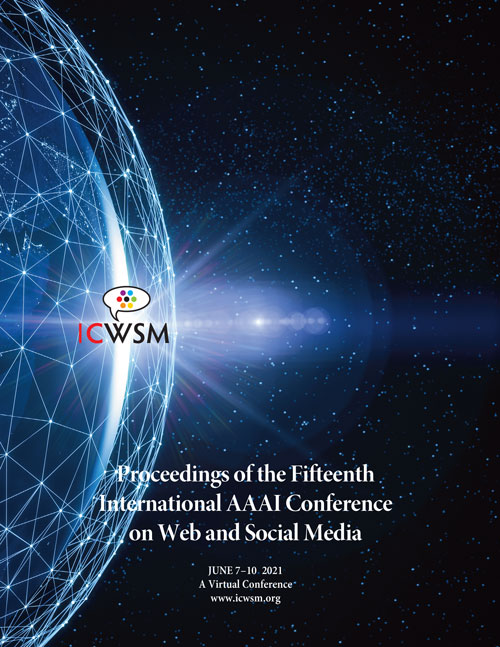You Don't Know How I Feel: Insider-Outsider Perspective Gaps in Cyberbullying Risk Detection
DOI:
https://doi.org/10.1609/icwsm.v15i1.18061Keywords:
Subjectivity in textual data; sentiment analysis; polarity/opinion identification and extraction, linguistic analyses of social media behavior, Qualitative and quantitative studies of social media, Text categorization; topic recognition; demographic/gender/age identification, Human computer interaction; social media tools; navigation and visualizationAbstract
Cyberbullying is a prevalent concern within social computing research that has led to the development of several supervised machine learning (ML) algorithms for automated risk detection. A critical aspect of ML algorithm development is how to establish ground truth that is representative of the phenomenon of interest in the real world. Often, ground truth is determined by third-party annotators (i.e., “outsiders”) who are removed from the situational context of the interaction; therefore, they cannot fully understand the perspective of the individuals involved (i.e., “insiders”). To understand the extent of this problem, we compare “outsider” versus “insider” perspectives when annotating 2,000 posts from an online peer-support platform. We interpolate this analysis to a corpus containing over 2.3 million posts on bullying and related topics, and reveal significant gaps in ML models that use third-party annotators to detect bullying incidents. Our results indicate that models based on the insiders’ perspectives yield a significantly higher recall in identifying bullying posts and are able to capture a range of explicit and implicit references and linguistic framings, including person-specific impressions of the incidents. Our study highlights the importance of incorporating the victim’s point of view in establishing effective tools for cyberbullying risk detection. As such, we advocate for the adoption of human-centered and value-sensitive approaches for algorithm development that bridge insider-outsider perspective gaps in a way that empowers the most vulnerable.Downloads
Published
2021-05-22
How to Cite
Kim, S., Razi, A., Stringhini, G., Wisniewski, P. J., & De Choudhury, M. (2021). You Don’t Know How I Feel: Insider-Outsider Perspective Gaps in Cyberbullying Risk Detection. Proceedings of the International AAAI Conference on Web and Social Media, 15(1), 290-302. https://doi.org/10.1609/icwsm.v15i1.18061
Issue
Section
Full Papers

